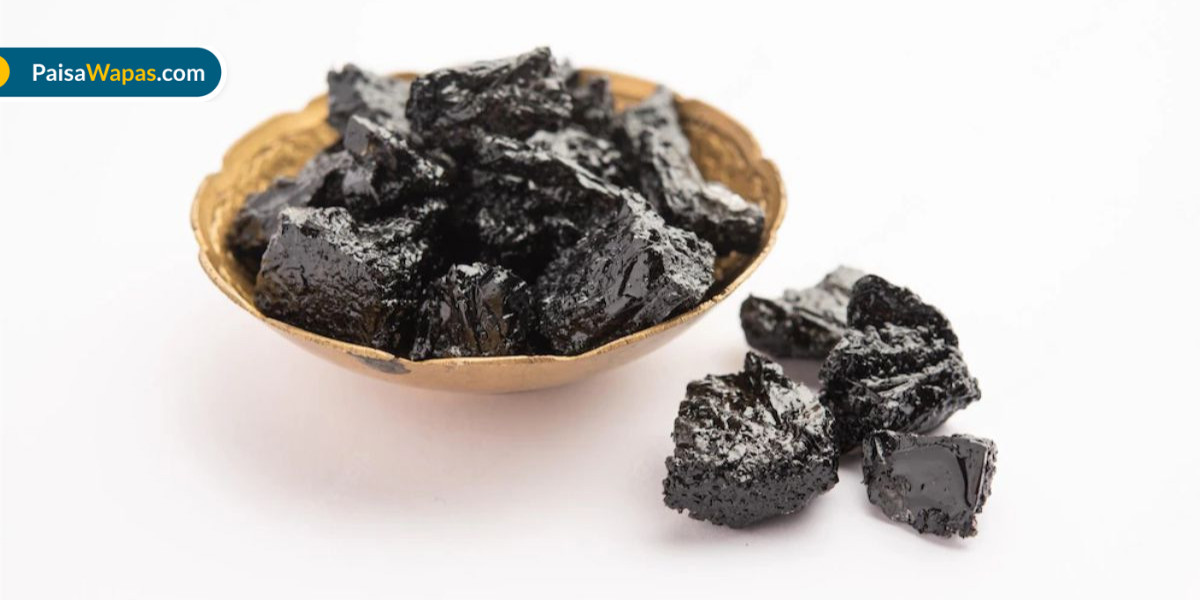What Is Iron & Why Is It Necessary?
Iron is a mineral that is essential to life. It is found in iron-rich foods such as red meats, poultry, and fish. Additionally, many other foods such as legumes, eggs, and leafy green vegetables. However, iron deficiency is the most common nutrient deficiency worldwide. Know the Food Rich in Iron below.
Iron is an important part of hemoglobin (the protein that carries oxygen in the blood) and myoglobin (a protein present in muscle cells). Hemoglobin carries oxygen to the body’s tissues and myoglobin stores oxygen in muscle cells for use during strenuous physical activity. Iron deficiency can lead to fatigue, weakness, and shortness of breath due to an inability to use up stored oxygen efficiently during exercise.
You may also like: HEALTH BENEFITS OF EATING MANGO
10 Iron-Rich Foods in India
#1 Chicken Breast
One of the most iron-rich foods in India is chicken breast. One of the most important nutrients for healthy bones and teeth, this protein-rich food also contains a high amount of iron. You can easily incorporate it into your daily diet with recipes like Baked Chicken with Pine Nuts and Cranberries, Baked Chicken Thighs with Dried Fruit, or Grilled Chicken Breasts with Brussels Sprouts and Shiitake Mushrooms.
#2 Mushroom
Containing more than 10% iron by weight, mushrooms are one of the best iron-rich foods in India. They are also very low in calories, making them an ideal food for those who are trying to lose weight. Try sautéed mushrooms over brown rice or whole wheat pasta for an easy side dish that will help you get more iron into your diet.
Also Read: TOP 15 FAMOUS INDIAN CHEFS
#3 Apples
In addition to being rich in fibre and antioxidants, apples are also iron-rich foods in India which may help strengthen bones and teeth as well as promote oral health. You can enjoy them raw or cooked as part of a salad or dessert by adding walnuts or raisins (for example).
#4 Chickpeas
Chickpeas are good iron-rich foods in India and are also loaded with protein. They are also an excellent source of magnesium, which helps keep your bones strong.
#5 Prawns
Prawns are iron-rich foods that are also high in protein and low in fat. They are also rich in omega-3 fatty acids, which can help prevent heart disease and depression. Prawns are also a great source of vitamin B12 and folic acid – two nutrients that help support healthy blood cells and brain function.
#6 Beetroot
Beetroot is an iron-rich food, that is also loaded with manganese, vitamin C, folate (folic acid), copper and zinc. Iron-rich vegetables are also a good source of potassium, phosphorus and magnesium. Beetroot can be enjoyed as part of your daily diet or added to salads or smoothies for extra nutrition!
#7 Strawberries
Strawberries are rich in iron and vitamin C, which help to boost immunity. They are also loaded with antioxidants that help lower the risk of heart disease, stroke and cancer. One cup of strawberries contains 17% of your daily recommended value of iron.
#8 Dry Fruits
Dry fruits like raisins and dates have a lot to offer when it comes to nutrition. They are low in calories but pack a nutritional punch. Dry fruits are high in fibre content, which helps you stay fuller and longer and lose weight. They also contain calcium, which helps strengthen bones.
#9 Broccoli
Broccoli is an iron-rich vegetable and one of the most nutritious vegetables on earth and one that almost everyone should include in their diet at least once a week. Broccoli is rich in vitamins A, C, and K. Moreover, it has various minerals including calcium, magnesium, phosphorus and potassium. It also has plenty of protein that helps you stay fuller for longer hours after eating it! One cup of broccoli contains 14% of your daily recommended value for iron!
#10 Brown Rice
Brown rice, as with other grains, contains iron inhibitors. A brilliant choice for meeting your daily iron intake. Switch white rice with brown rice for a healthier food option. 0.4 milligrams per 100 grams of iron. Know the other Food Rich in Iron.
Health Benefits of Iron
#1 Iron Lowers Fatigue
Iron deficiency is one of the most prevalent nutritional problems in the world. It’s also one of the most preventable because it’s easy to get enough iron from food. But if your body doesn’t have enough iron, you can develop fatigue and other symptoms of anemia. In fact, about one-third of people in the United States are considered at risk for iron deficiency.
#2 Iron Improves Immunity
Iron deficiency is most common among women of childbearing age, pregnant women, and older adults. Menstruation also causes a temporary drop in iron stores, which may lead to anemia during that time period — although this isn’t always the case. Pregnant women often have low levels of hemoglobin (iron stores) and need more than usual to carry oxygen throughout their bodies.
#3 Iron Improves Concentration
Iodine and iron, are linked to different cognitive impairments, and the importance of iron in cognitive functions is highlighted in some early studies.
#4 Iron Boosts Hemoglobin
Iron is a vital mineral for the production of red blood cells and energy. It is also essential for producing hemoglobin, which carries oxygen in the blood. Iron deficiency can cause anemia and fatigue due to an impaired ability to produce hemoglobin. Anemia creates a lack of oxygen in the blood, which can lead to dizziness, headache, and shortness of breath.
#5 Iron Restores Sleep
If you’re a heavy sleeper and have trouble getting to sleep when your alarm goes off, try taking a supplement containing iron. Iron is essential for building hemoglobin, the protein that carries oxygen in blood cells. It’s also important for blood cell production, energy metabolism, and immune response.
#6 Iron Treats Anemia
Iron Deficiency Anemia is a condition in which a person has an inadequate amount of hemoglobin, which is the protein that carries oxygen in red blood cells. This causes symptoms to appear, such as fatigue and weakness. Iron deficiency can occur when you don’t eat enough foods that contain iron, such as red meat, fish, poultry, and fortified cereals. Anemia can also develop from blood loss due to chronic illnesses, certain medications or treatments for cancer, or other medical problems.
#7 Iron Reduces Bruising
Bruises are a common occurrence after exercise, and if you’re not getting enough iron, you may be more susceptible to bruising. Iron helps prevent red blood cells from breaking down and leaking into the skin, which may cause bruising.
#8 Iron Enhances Muscle Endurance
One of the most obvious benefits of iron is its ability to improve muscle endurance. Iron helps keep muscles strong and healthy by helping them produce energy more efficiently. In addition, only about 10 percent of the body’s total needs for this important mineral are met through diet. Therefore, iron supplementation can play a role in keeping your muscles strong and healthy throughout your life.













Add Comment